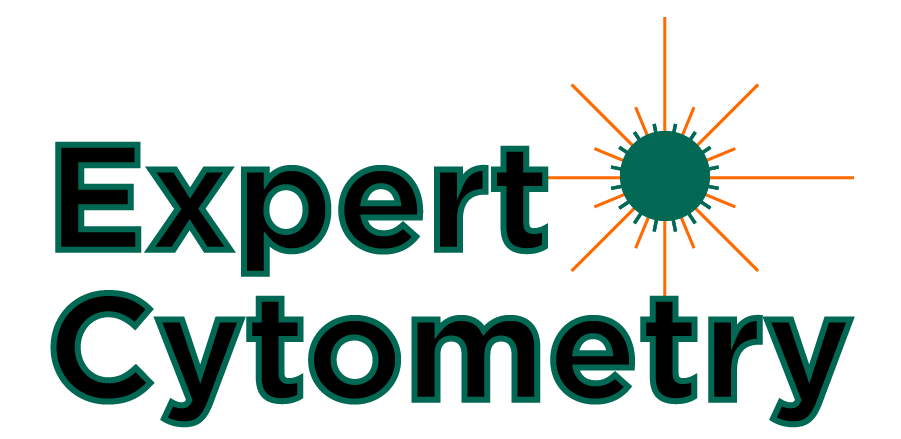What Is An Isotype Control

Do you know what an isotype control is? Isotype refers to the genetic variation in the heavy and light chains that make up the whole antibody moiety. In mammals, there are 9 possible heavy chain isotypes and two light chain isotypes.
Every antibody will have a specific isotype, and this is available on the technical information spec sheet. For example, you might have an antibody with an isotype of IgG1, kappa. This indicates the heavy chain is of the IgG1 isotype.
Where things get interesting is that these isotypes can have different non-specific binding affinity to cells, which has lead to investigators using ‘isotype controls’, as a control to identify where cells are positive or negative.
However, isotype controls are not proper gating controls. All they can be used is to identify potential blocking problems, even though that is what some investigators (and reviewers insist on doing). If you are confronted by this, read and review the following papers:
- Keeney M, Gratama JW, Chin-Yee IH, Sutherland DR. Isotype controls in the analysis of lymphocytes and CD34? stem and progenitor cells by flow cytometry—Time to let go! Cytometry 1998; 34:280–283.
- Herzenberg L, Tung J, Moore WA, Herzenberg LA, and Parks DR. Interpreting flow cytometry data: A guide for the perplexed. Nature Immunology 2006; 7:681-685
- Maecker HT, and Trotter J. Flow cytometry controls, instrument setup and determination of positivity. Cytometry Part A 2006; 69A:1037–1042
- Hulspas R, O’Gorman MRG, Wood BL, Gratama JW, Sutherland DR. Considerations for the control of background fluorescence in clinical flow cytometry. Cytometry Part B 2009; 76B:355–364

ABOUT TIM BUSHNELL, PHD
Tim Bushnell holds a PhD in Biology from the Rensselaer Polytechnic Institute. He is a co-founder of—and didactic mind behind—ExCyte, the world’s leading flow cytometry training company, which organization boasts a veritable library of in-the-lab resources on sequencing, microscopy, and related topics in the life sciences.
More Written by Tim Bushnell, PhD












